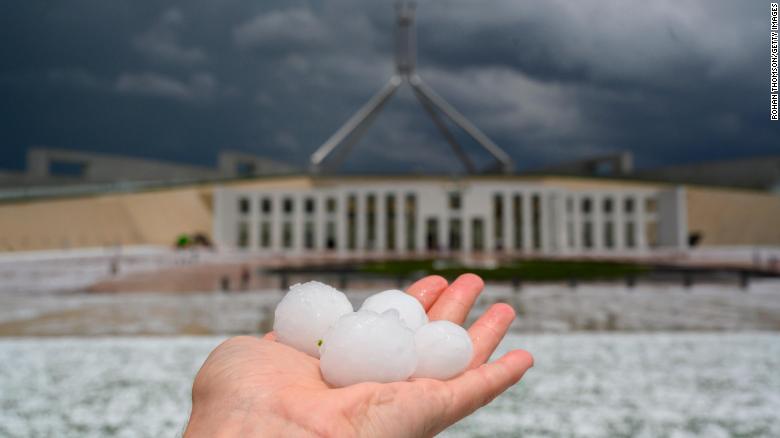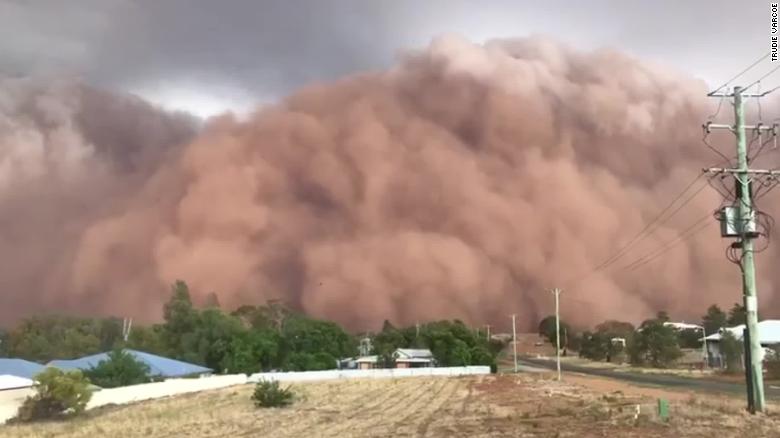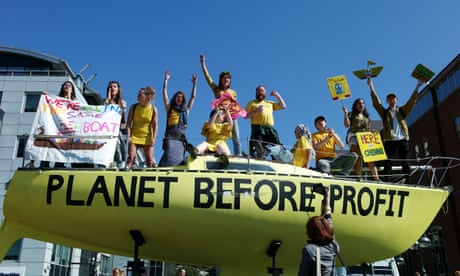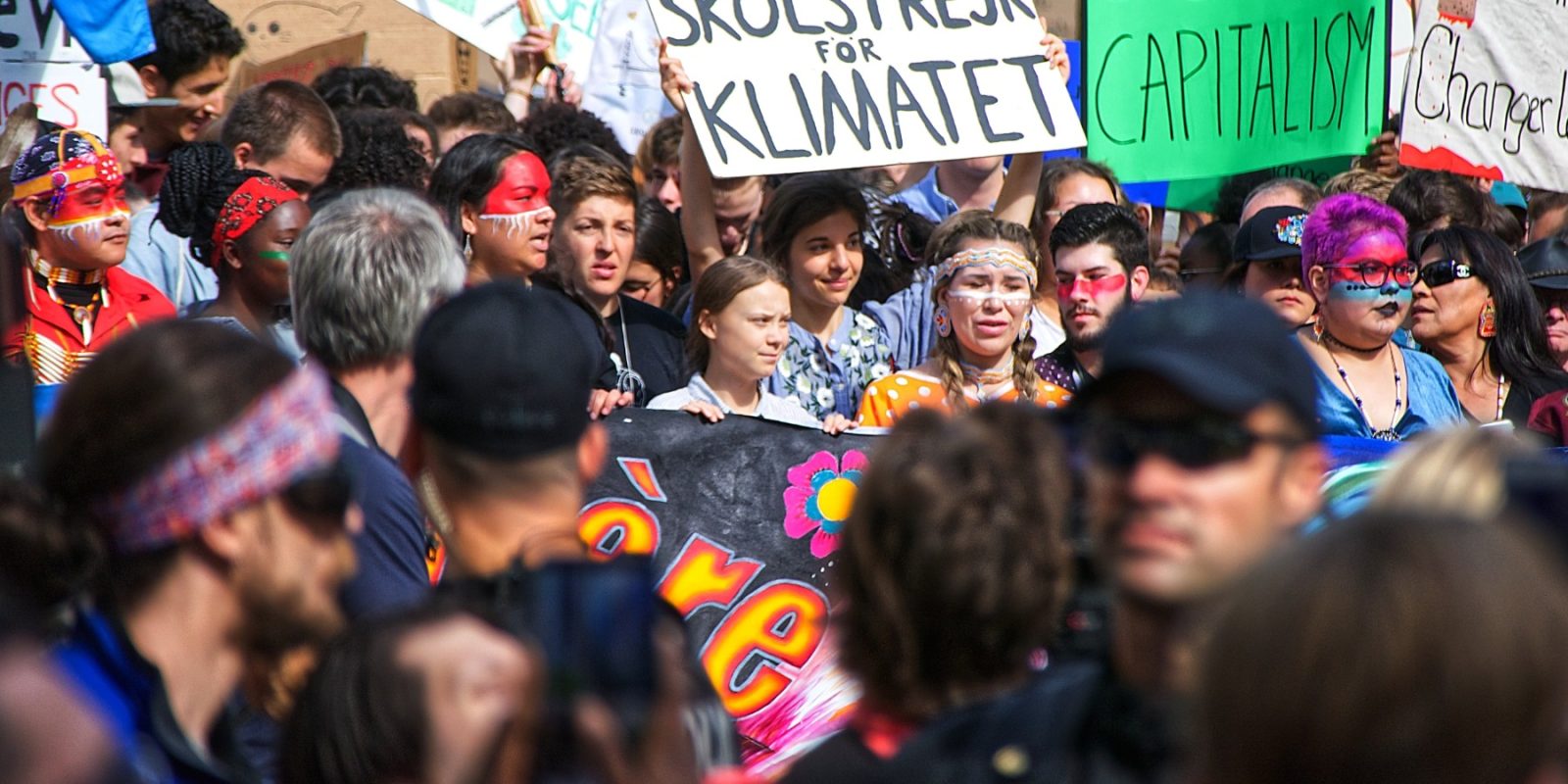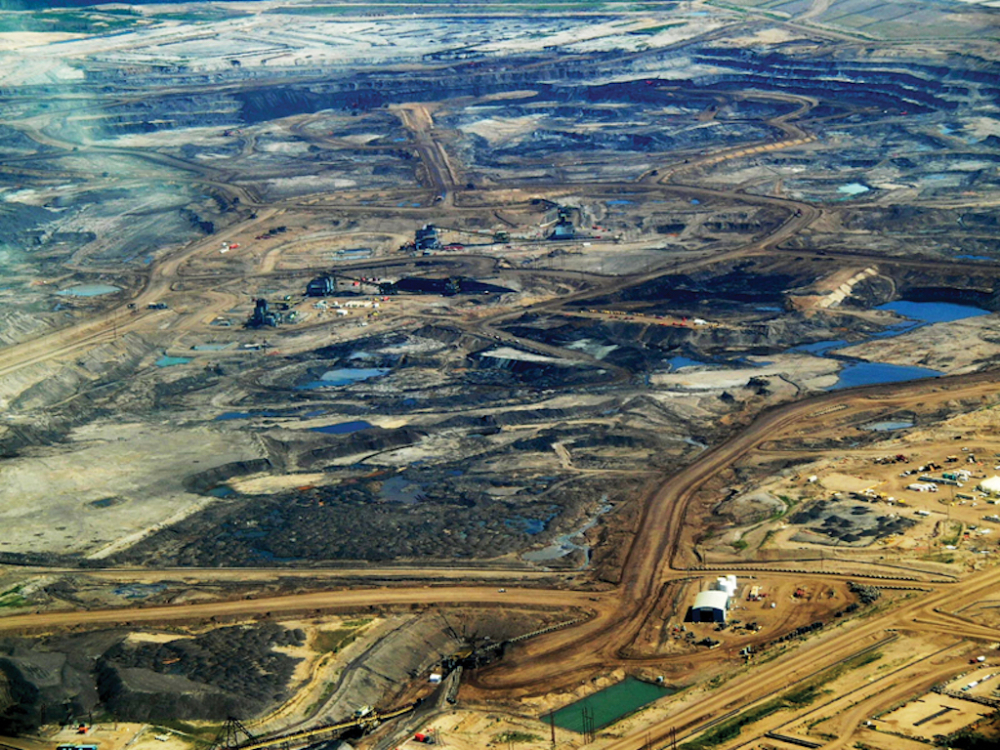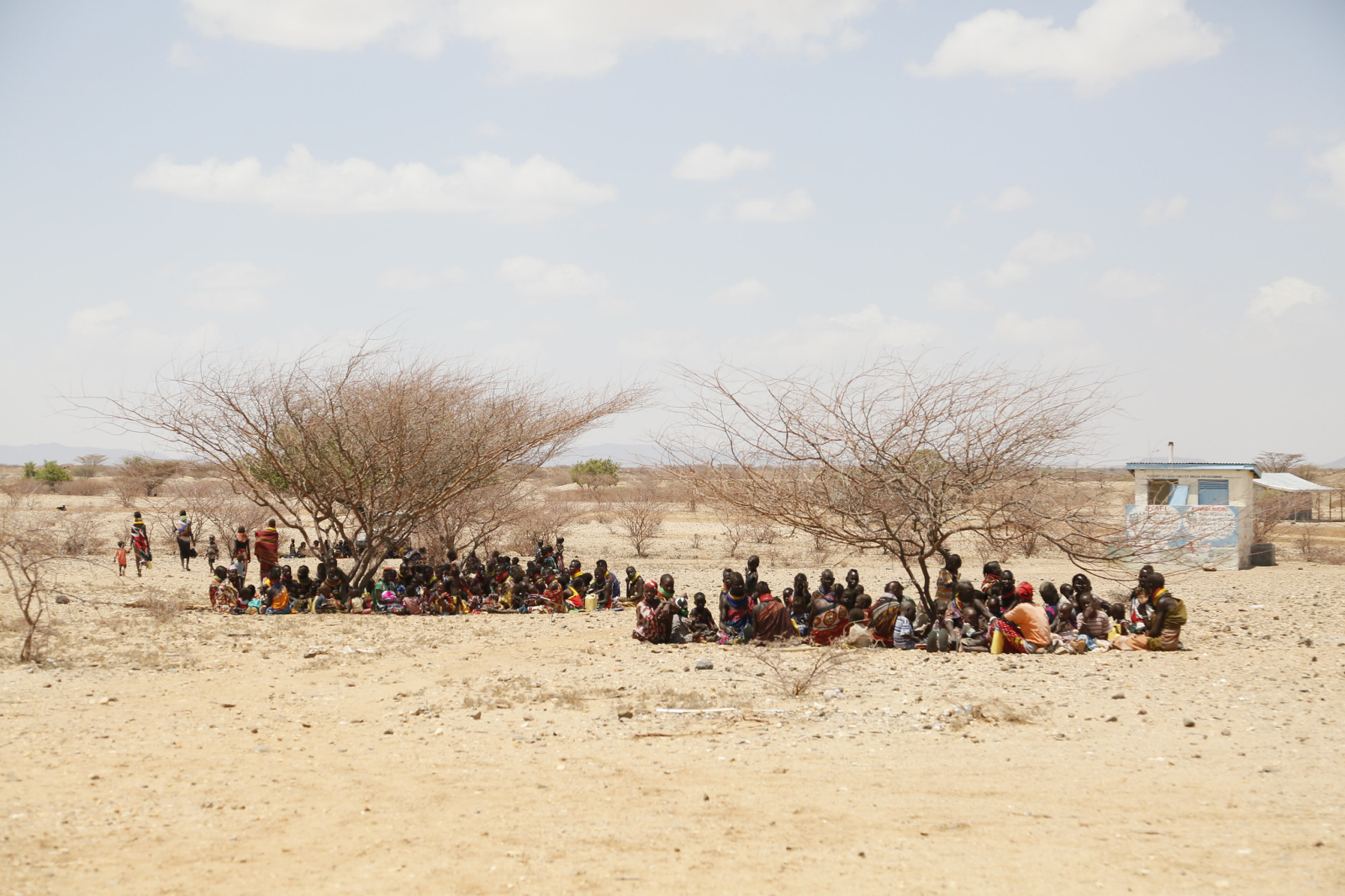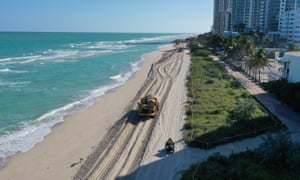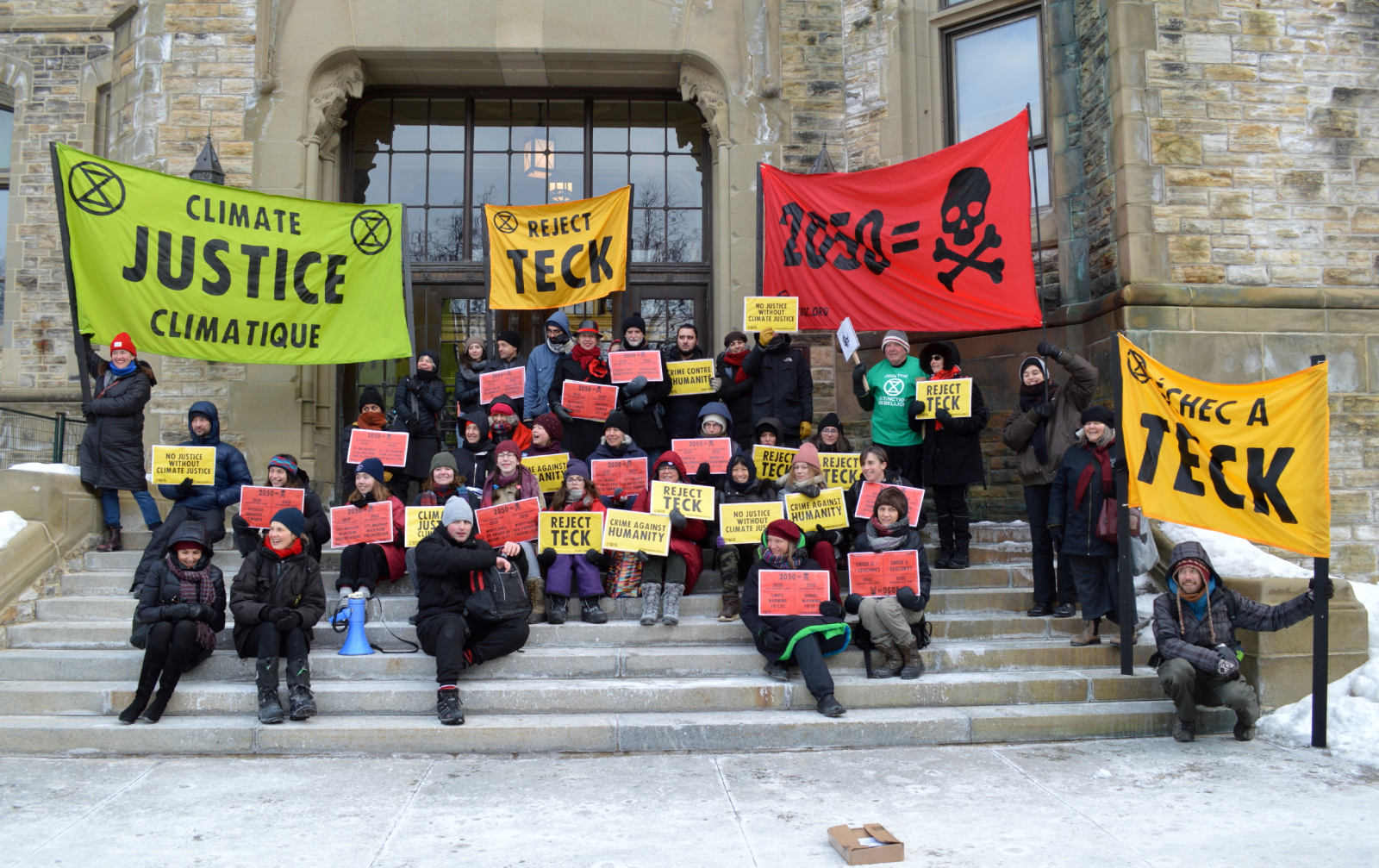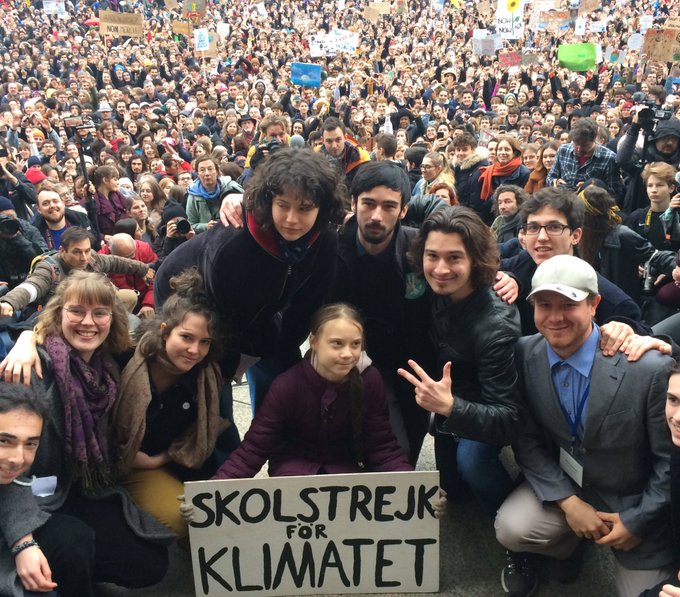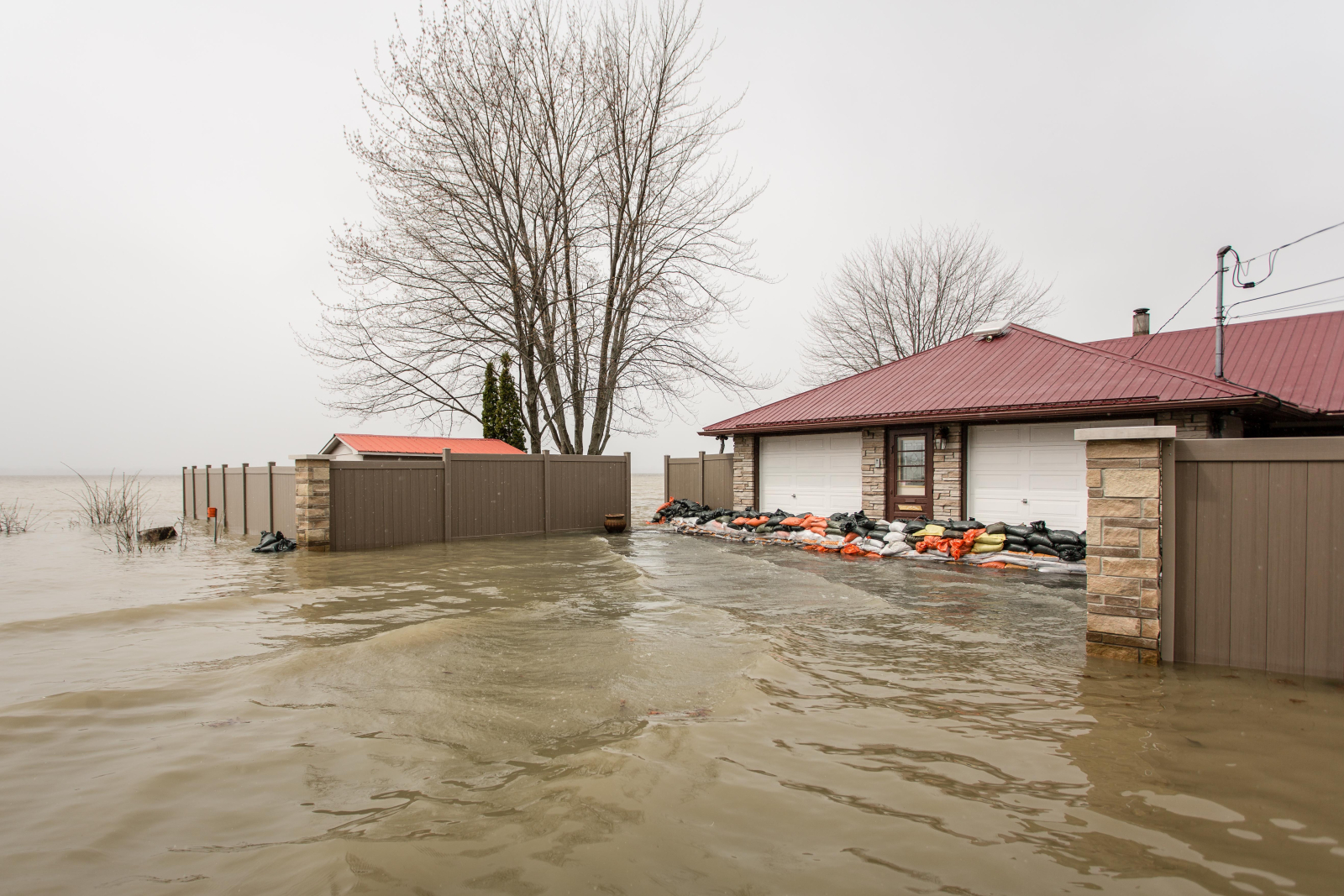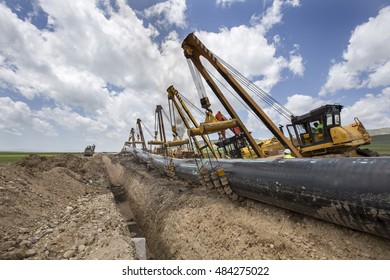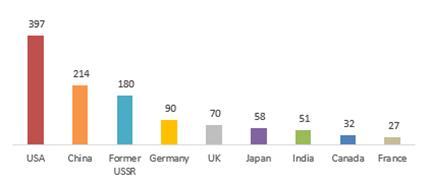The evidence keeps piling up about the global warming crisis: 2010-2019 was the hottest decade ever recorded and 2019 was the second hottest ever, with eight of the top ten being in the 2010s.
The decade that just ended was by far the hottest ever measured on Earth, capped off by the second-warmest year on record, two U.S. agencies reported Wednesday. And scientists said they see no end to the way man-made climate change keeps shattering records.
"If you think you've heard this story before, you haven't seen anything yet," Gavin Schmidt, director of NASA's Goddard Institute for Space Studies, said at the close of a decade plagued by raging wildfires, melting ice and extreme weather that researchers have repeatedly tied to human activity. "This is real. This is happening."
The 2010s averaged 58.4 degrees Fahrenheit (14.7 degrees Celsius) worldwide, or 1.4 degrees (0.8 C) higher than the 20th century average and more than one-third of a degree (one-fifth of a degree C) warmer than the previous decade, which had been the hottest on record, according to the National Oceanic and Atmospheric Administration.
The decade had eight of the 10 hottest years on record. The only other years in the top 10 were 2005 and 1998.
https://abc7.com/weather/2010s-hottest-decade-ever-2019-2nd-warmest-year...


